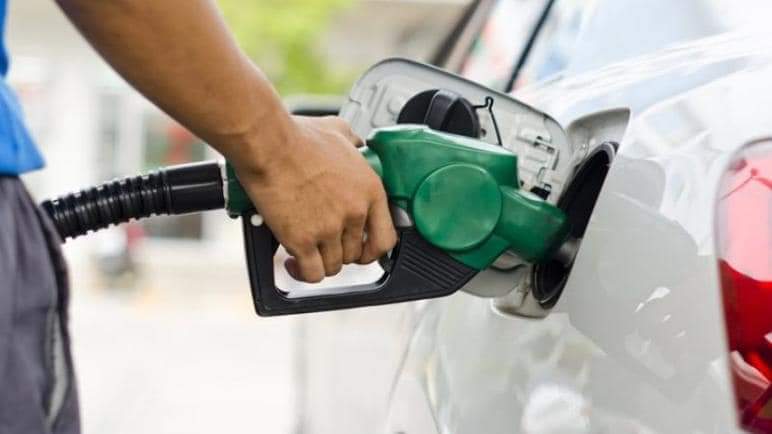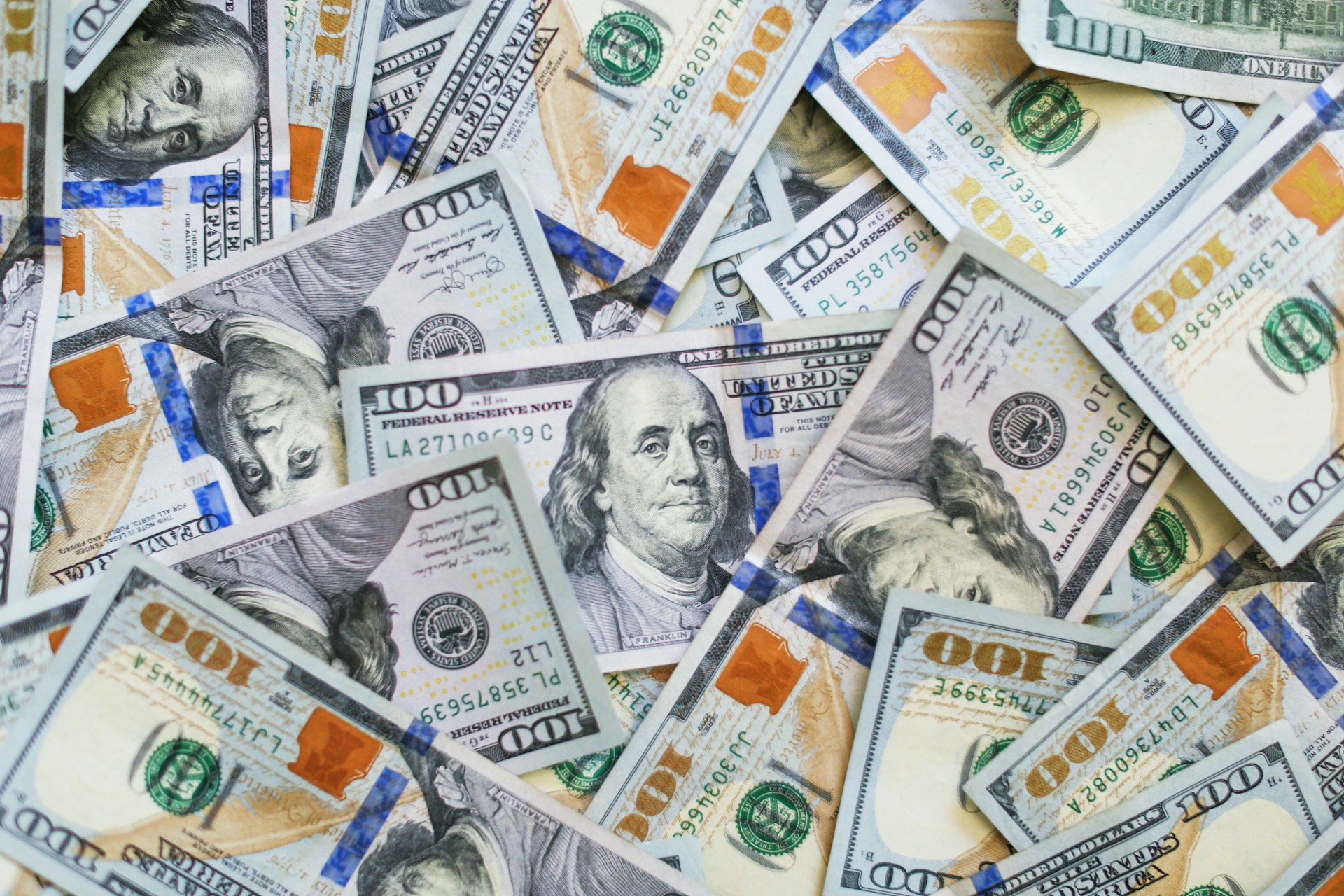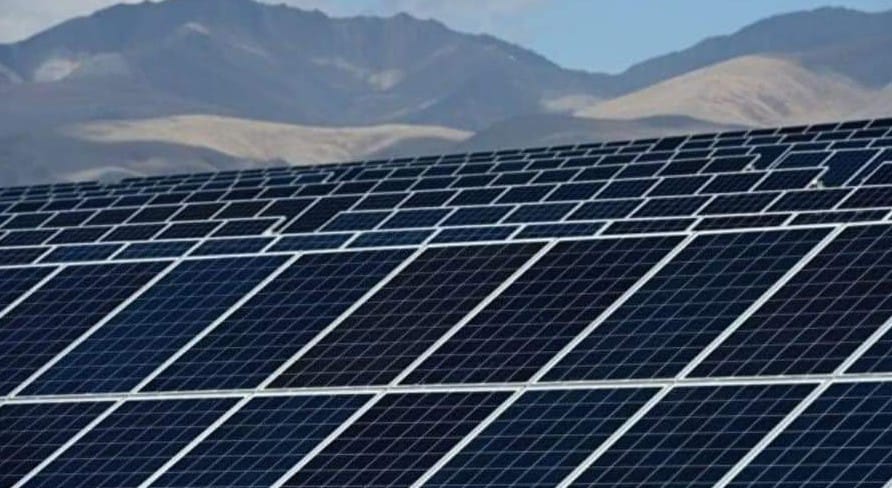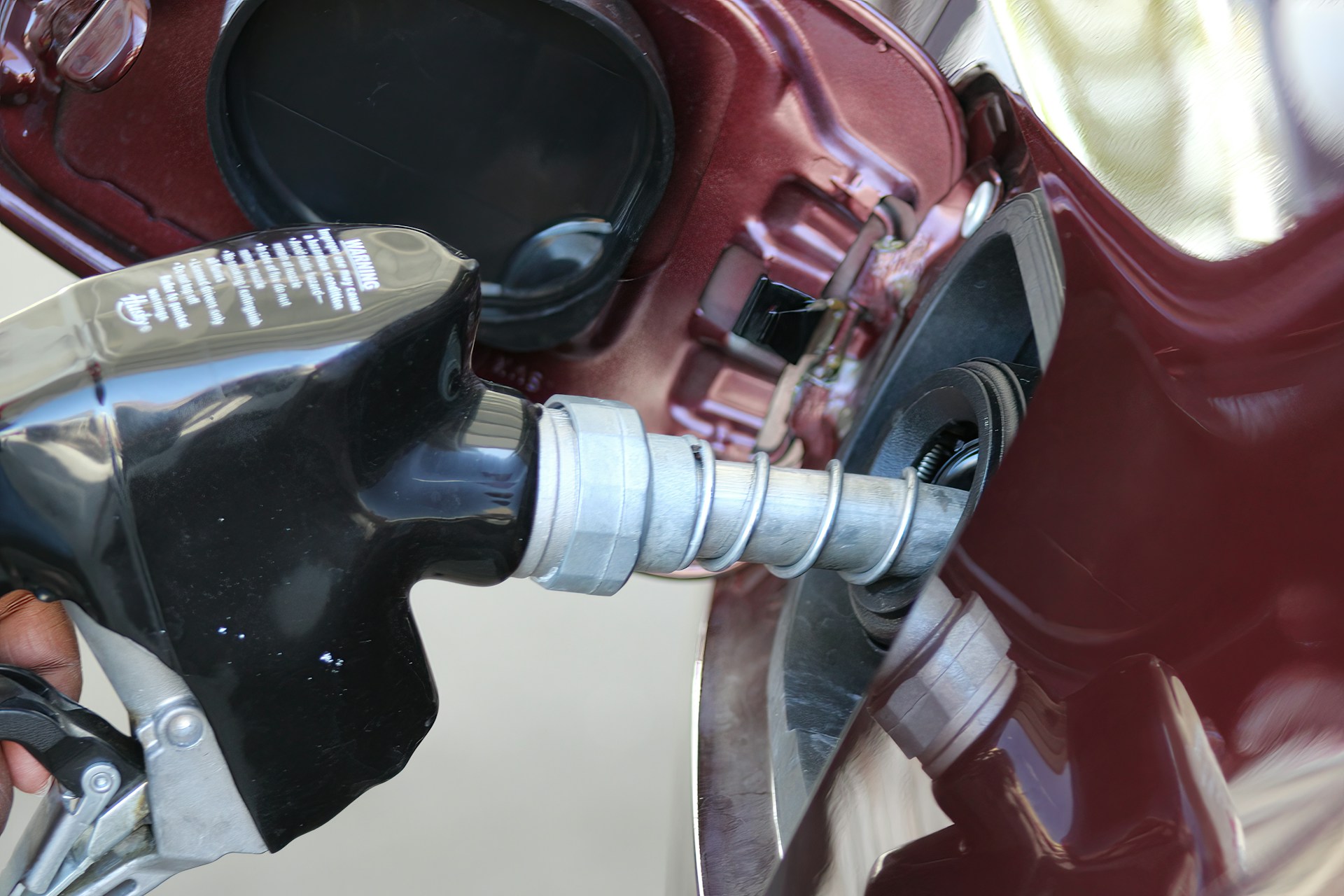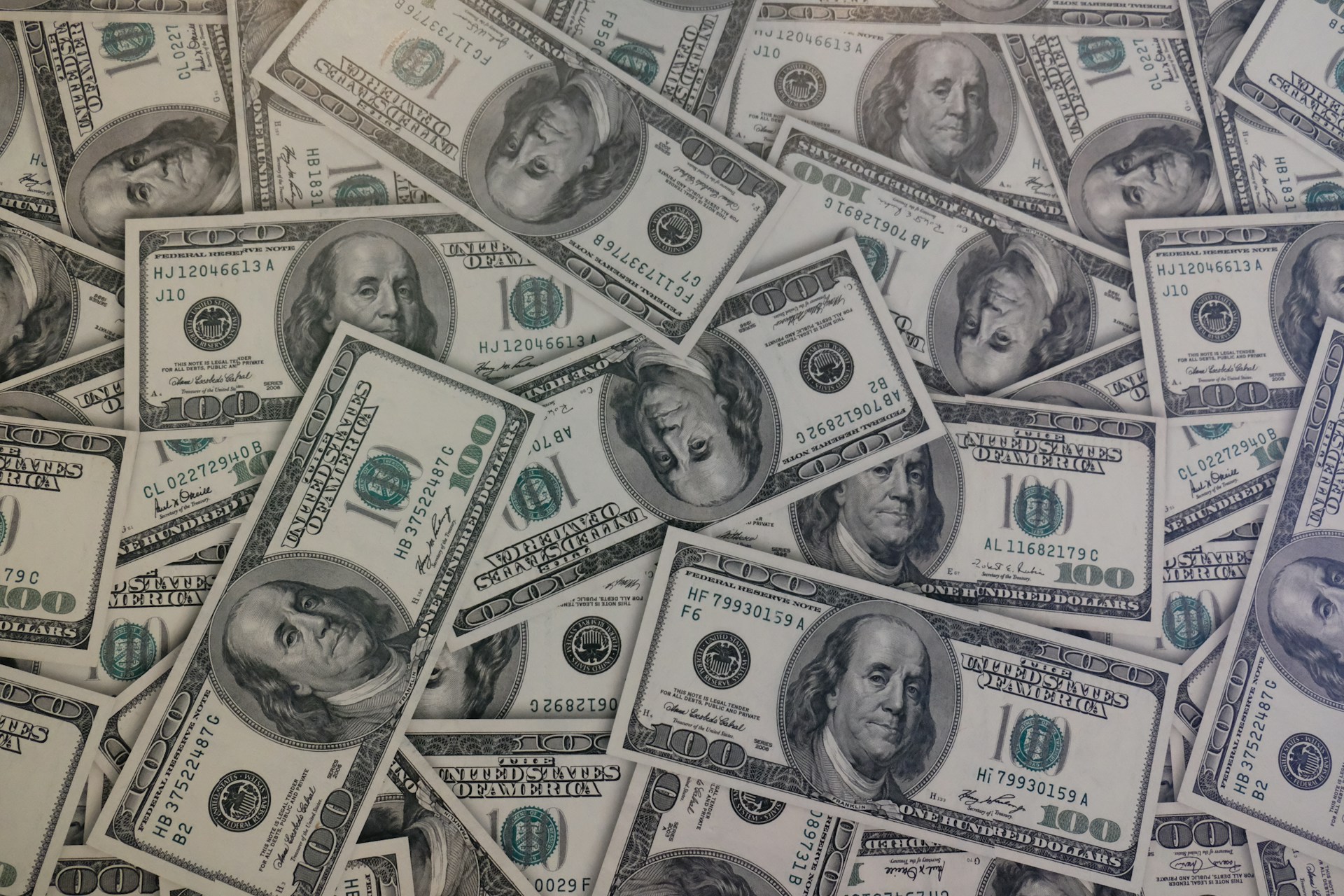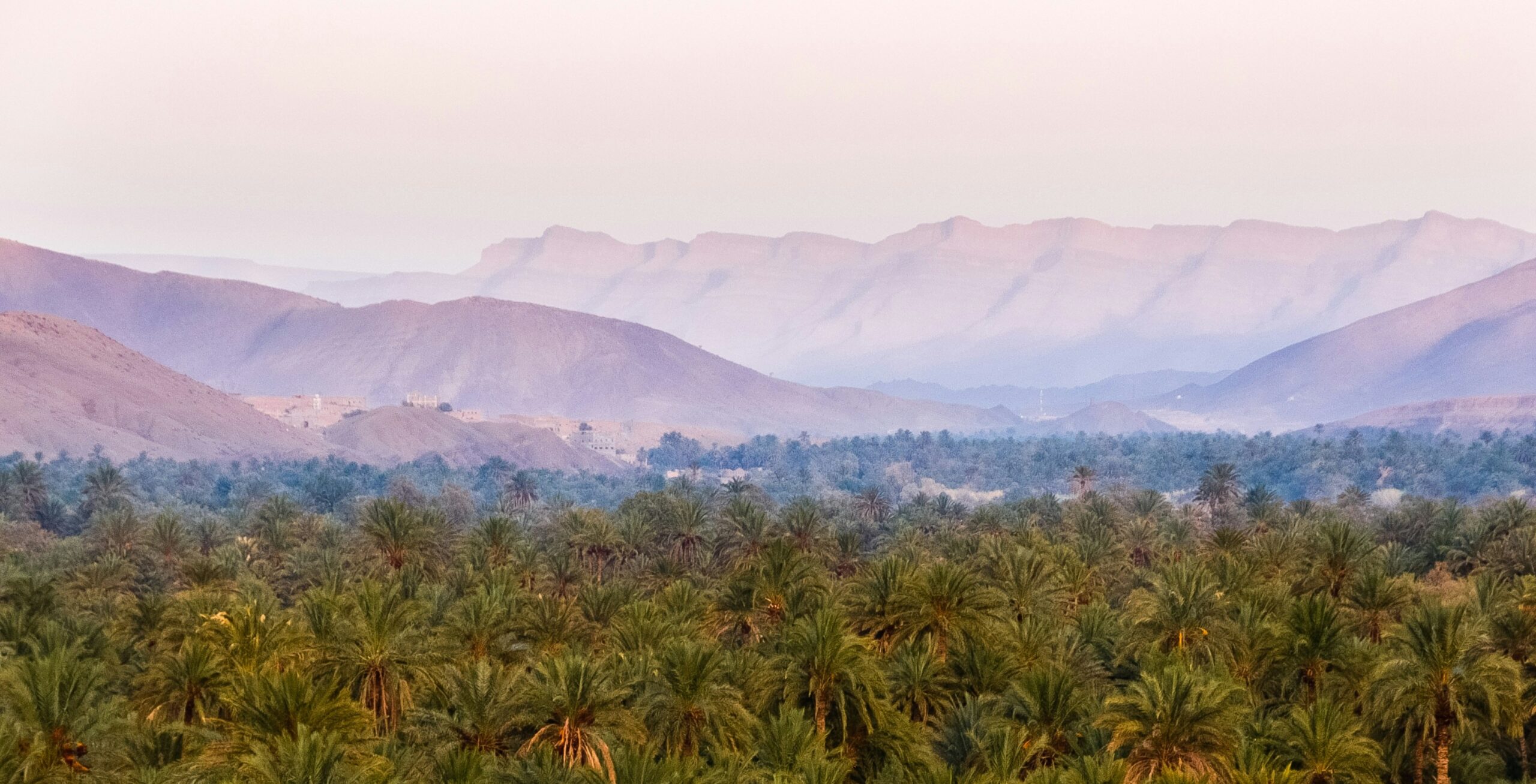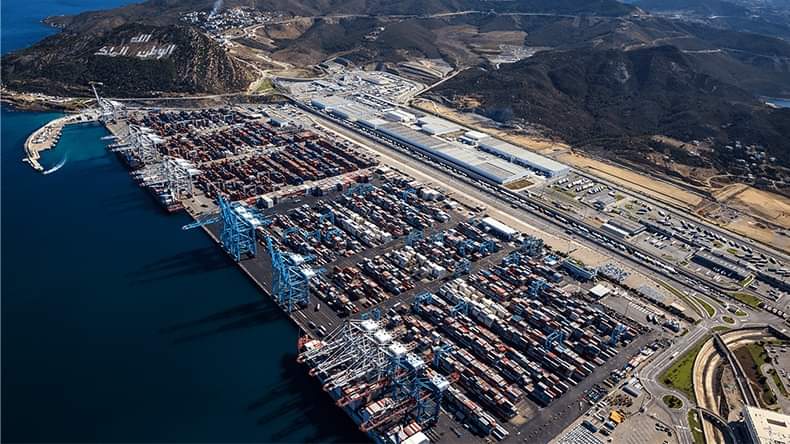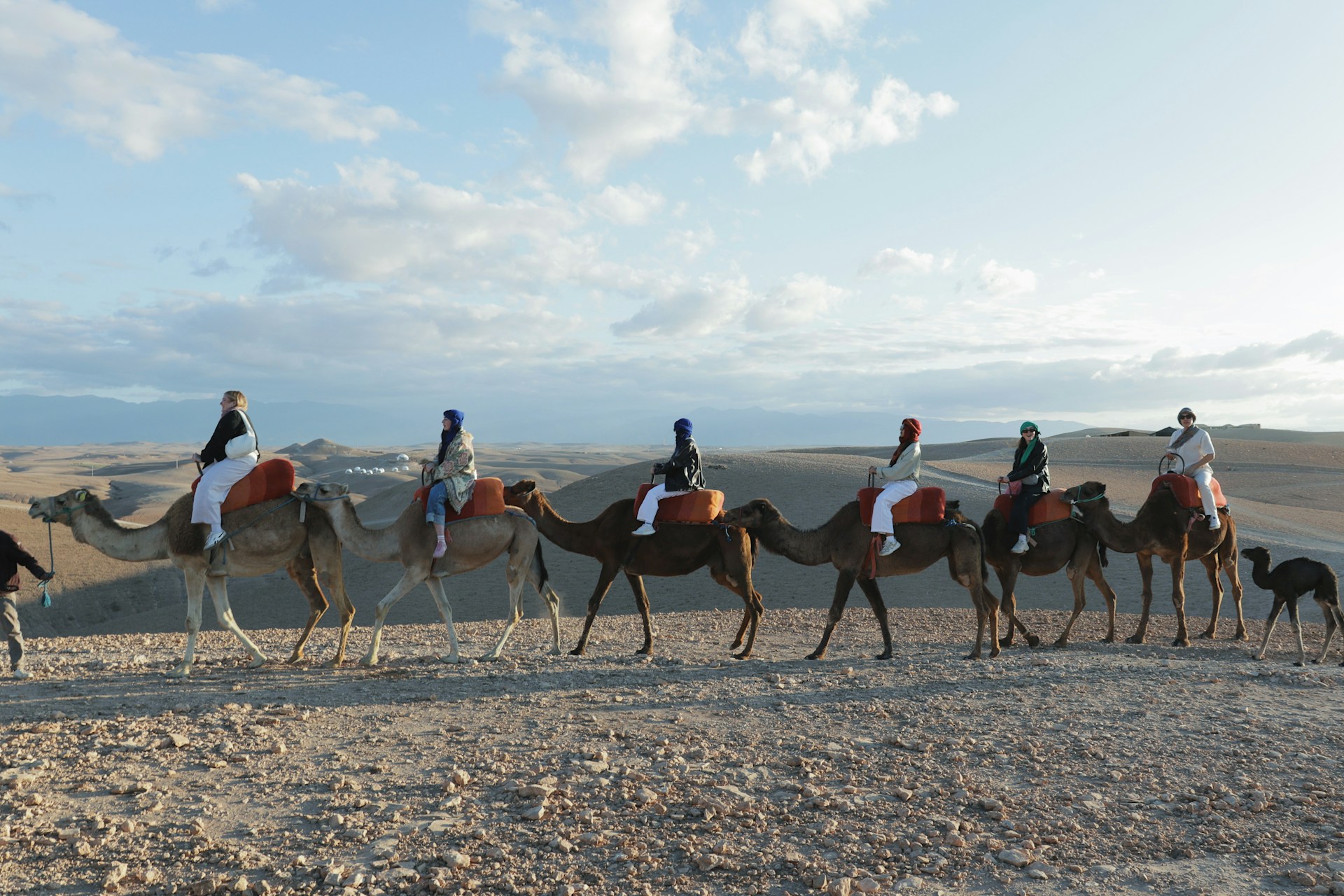Casablanca – Morocco’s fuel market remains highly concentrated, with a handful of dominant players controlling the majority of the sector. According to the latest report from the Competition Council, nine companies hold 81% of the country’s total storage capacity for diesel and gasoline, a figure that has remained steady throughout 2024. Despite efforts to encourage greater competition, the market continues to be dominated by these nine distributors, who together account for a significant portion of the nation’s fuel supply infrastructure.
As of June 2024, Morocco’s total fuel storage capacity reached 1.5 million tons, with diesel making up 86% of this figure. Of the total capacity, the nine major distributors control approximately 1.21 million tons, which represents 81% of the market’s overall storage capabilities. These companies are closely monitored by the Competition Council as part of an ongoing initiative to ensure transparency and adherence to market regulations.
The report highlighted that there has been no significant change in the number of active players in the market. No new entrants appeared during the second quarter of 2024, and the total number of provisional license holders has remained at 35 since March 2024. While the Ministry of Energy issued a new distribution license in October 2023, the market remains largely stagnant, with no significant expansion of new operators.
One key concern raised by the Competition Council is the impact of this market concentration on competition. The council notes that the dominance of the nine companies could hinder the growth of new entrants and limit the competitive dynamics that are essential for a healthy market. This continued concentration may not only restrict new business opportunities but also reduce the overall efficiency of the sector.
In addition to its oversight of storage and distribution, the report also examined trends in fuel prices. Despite a drop in international refined product prices, the cost reduction has not been fully reflected at the pump. The price of diesel, for example, fell by approximately $0.10 per liter on the international market, yet the national average price dropped by only $0.07. Similarly, the decrease in gasoline prices was less pronounced in Morocco compared to the international market.
The Competition Council’s quarterly monitoring of the fuel sector aims to ensure that the market operates fairly, with a focus on maintaining transparency and compliance with regulations. While some progress has been made in diversifying the sector, the report suggests that significant changes will be needed to reduce the current level of market concentration and encourage more competition in the future.
As the fuel market in Morocco continues to evolve, the challenge remains for policymakers and regulators to strike a balance between ensuring fair competition and fostering the growth of the sector, while keeping prices in check for consumers.






